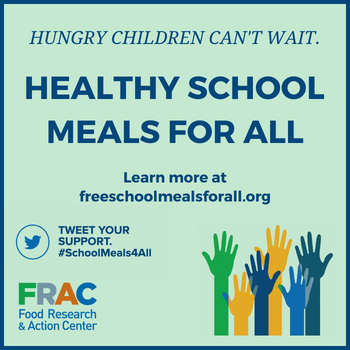
March 2–6 marks National School Breakfast Week — a time to celebrate the power of the federal School Breakfast Program nationwide and to recognize the vital role it plays in helping students learn, grow, and thrive.
Every great hero’s journey starts with a moment of preparation — a chance to gather strength, sharpen focus, and step boldly into the day ahead. For millions of students across the country, that moment is school breakfast.
Every five years, Congress reauthorizes the Farm Bill, an expansive legislative package that governs the nation’s food and agricultural systems. Though often described as an agriculture bill, it is equally a nutrition, rural development, conservation, and public health bill.
The Farm Bill reflects a longstanding bipartisan recognition that agricultural abundance and food security are inseparable. When families can afford food, farmers have stable markets. When farmers thrive, local economies grow. That compact is now under strain.
